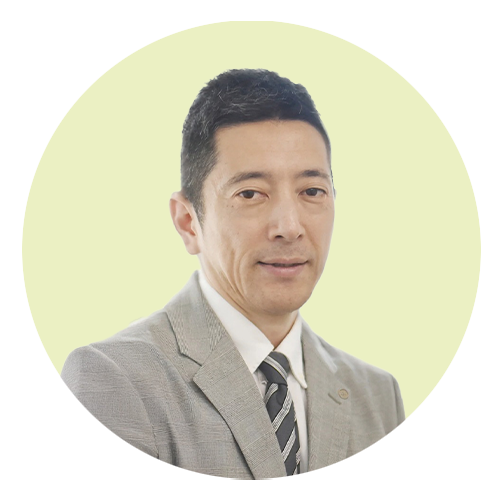
If your visa is denied,
what should you do at first?
If you apply for a visa and it is denied, what should you do at first?
Actually, the first thing to do is to go to the immigration office to ask for a reason.
Know the reason for disapproval
If you do not know the reason why you were denied, there is a high possibility that you will be denied again even if you reapply for reapplication.
First of all, it is important to understand the reason why the application was rejected.
You may wonder whether you will be able to learn the reason for the disapproval in the first place, but there is no need to worry about that.
For the applicant, non-approval or non-grant of permission is a disadvantageous disposition, and the Immigration Bureau will respond to the applicant’s inquiry in a proper manner.
However, when you go to ask about the reason for the decision, please be sure to keep the points about the reason for non-approval in mind when asking.
However, it is advisable to go with not only the applicant himself/herself, but also an administrative scrivener who is a specialist in the field.
Since there is often more than one reason for non-approval, it is important to listen carefully to the reasons why the application was not approved.
It is not necessary to make a reservation in advance, but it is necessary to bring a certificate of identification of the applicant and a letter of notification of non-issuance of the application that shows the applicant’s application number.
Have you properly responded to the “Notice of Submission of Materials”?
In most cases, the applicant received a “Notice of Submission of Materials” in the middle of the review process.
The applicant is free not to respond to this request, but if he or she does so, the Immigration Office will not be able to accept the request. If you do not respond to this request, you must be prepared to face the possibility of denial of the visa.
The Immigration Office will not accept a favorable interpretation of the applicant’s failure to prove that he/she is eligible to apply for a visa. Therefore, the probability of denial increases if the applicant is not able to prove his/her case.
Please carefully read the notification of submission of materials and carefully analyze what is said to be missing or insufficient.
If you are applying for a visa on your own for the first time, it is easy to think that since you have prepared all the documents listed on the Immigration Bureau’s website that you will be fine, but consider this from the perspective of the person in charge at the Immigration Bureau. The applicant himself/herself is well aware of his/her own personal history, of course, but others, who can only judge through the documented documents, must be able to verify and clarify the applicant’s personal history through the documented documents. If the information submitted by the applicant is not sufficient, the applicant should submit supplementary information. If the materials you have submitted are not sufficient, you should add additional supplementary materials as much as possible.
If there is material that you are unable to submit, you should also add a “statement of reasons” in the form of a free-form letter, which should be a written document that explains why you are unable to prove your case in a way that makes it clear that there are reasons beyond your control.
Always keep a copy of the documents you submit.
If the additional documentation is inconsistent with the previously submitted documentation, it may be suspected of being a false declaration. In order to avoid such a situation, it is important to keep a copy of all the application documents before submitting an application to the Immigration Bureau, so that you can avoid a situation where the contents of a previous application do not match the contents of a new application.
Many people are so concerned with getting all the documents in order that they do not make copies of the application forms.If you do so, you may make a mistake that could have been prevented if you had taken the proper measures.
This problem does not often occur for first-time visitors to Japan, but if you have been to Japan many times and have submitted many applications, the possibility of inconsistency is high. It is important to keep track of the contents of past or current applications.
If you do not have a copy of your application, it is possible, as a last resort, to obtain accurate information about the contents of your own application through public information disclosure.
However, it may take more than a month to disclose the information, and there is a disadvantage that the preparation of the application may be delayed, so it is recommended that you keep a copy of the application yourself if possible.

■writer Soda Mikito
Administrative scrivener specializing in residence visas
Managed ‘Soda Immigration Law Firm’ in Yokohama, Japan
